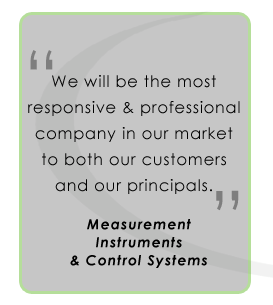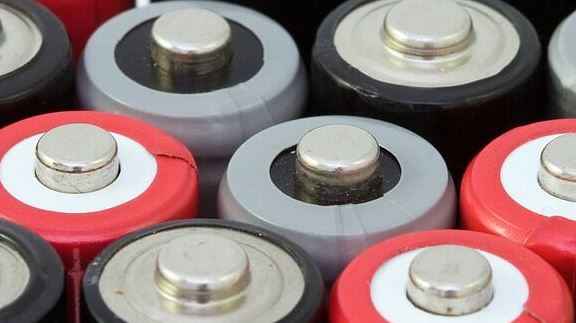|
Despatch Industries Industrial Ovens Increase Quality And Performance In Battery Manufacturing October 2023,
MARIETTA, GA ~
Working closely with an experienced industrial oven manufacturer like Despatch can help you choose the right industrial oven for your battery processing application and boost your competitiveness!
Industrial ovens play a crucial role in battery manufacturing by providing a controlled environment for drying, curing, and sintering battery components. Industrial ovens also remove solvents, moisture, and other volatile components from battery materials and promote chemical reactions essential for superior battery performance. These operations help manufacturers increase the energy density, efficiency, and longevity of today’s batteries.
Here are some examples of the role industrial ovens play in battery manufacturing:
Drying Electrodes: Industrial ovens help dry the electrodes of graphite or lithium cobalt oxide batteries. The ovens can remove moisture and other volatile components from the electrodes, ensuring their stability and performance.
Curing and Sintering:
Industrial ovens cure or sinter the electrodes and other battery components. Curing heats the components at a specific temperature and time to promote cross-linking or polymerization of the materials. Sintering is the process of heating the components to a temperature below their melting point, causing the particles to fuse.
Annealing: Annealing is a process used to improve the crystal structure and properties of certain battery materials. Industrial ovens heat the materials to a specific temperature and then cool them down slowly, forming a more uniform crystal structure.
Preheating: Industrial ovens are used for preheating the components of the battery before assembly. Preheating ensures that the components are at the correct temperature and eliminates any moisture that may be present, which can affect the battery’s performance and safety.
Aging: The aging process involves subjecting the batteries to accelerated aging conditions to simulate the battery’s performance and reliability over time. The aging process may involve subjecting the batteries to elevated temperatures or high currents to accelerate the aging process.
Testing: Temperature cycling tests are performed to evaluate the battery’s performance and reliability under different temperature conditions. The battery is typically subjected to a series of temperature cycles, which involves ramping the temperature up and down between different temperature ranges.
Industrial ovens will play a significant role in powering up battery production. They help drive battery performance by providing the controlled environment necessary for today’s manufacturers’ preparation and processing of battery components. They also ensure modern battery safety, quality, and longevity.
| |
|
| |



 Battery manufacturing is on a roll. It’s set to expand exponentially by 2030. A recent report by McKinsey & Company projects the Global demand for lithium-ion batteries to climb over the next decade. Driving this growth is the demand for lithium-ion batteries, which are quickly becoming one of today’s leading energy storage solutions.
Battery manufacturing is on a roll. It’s set to expand exponentially by 2030. A recent report by McKinsey & Company projects the Global demand for lithium-ion batteries to climb over the next decade. Driving this growth is the demand for lithium-ion batteries, which are quickly becoming one of today’s leading energy storage solutions.
